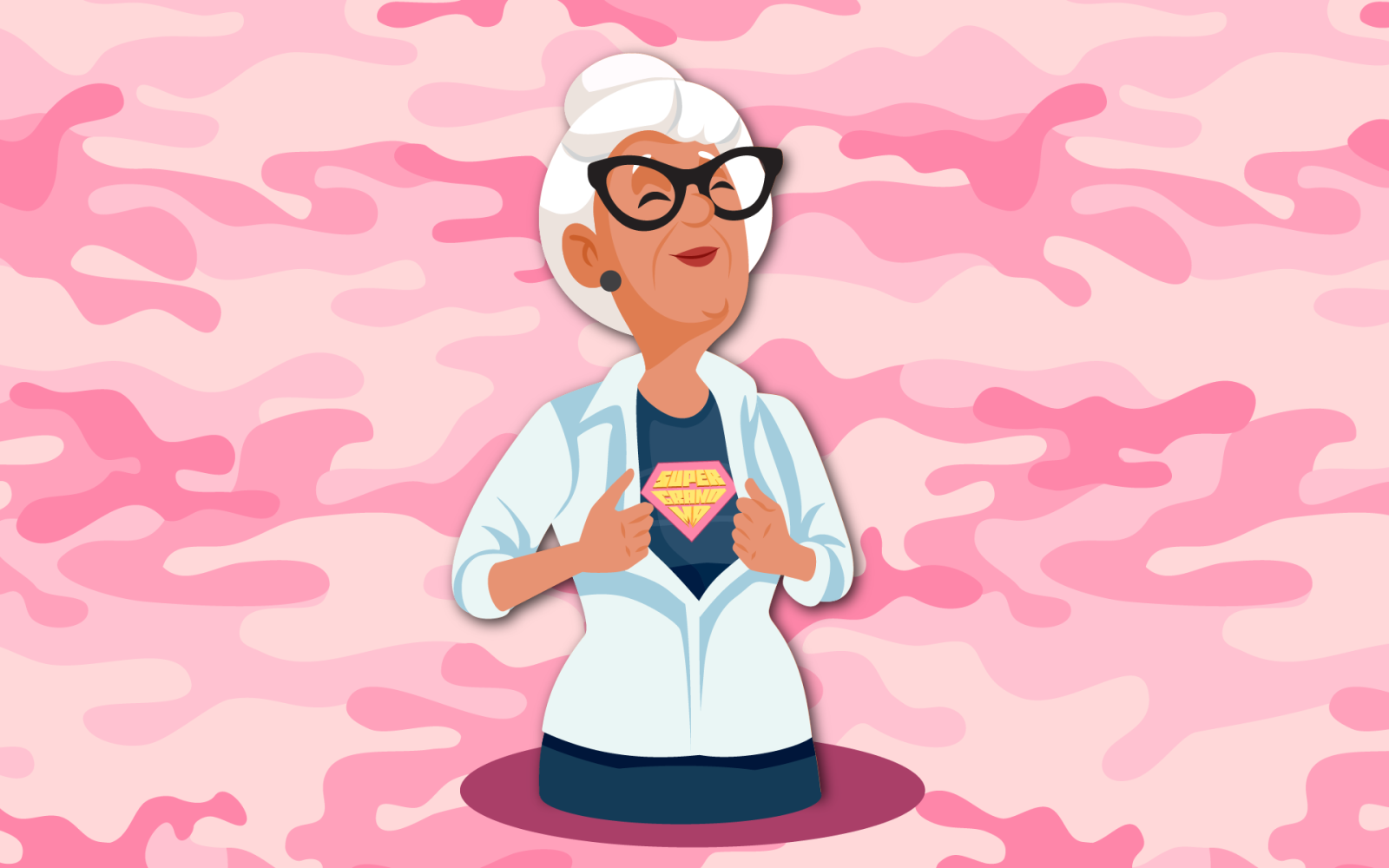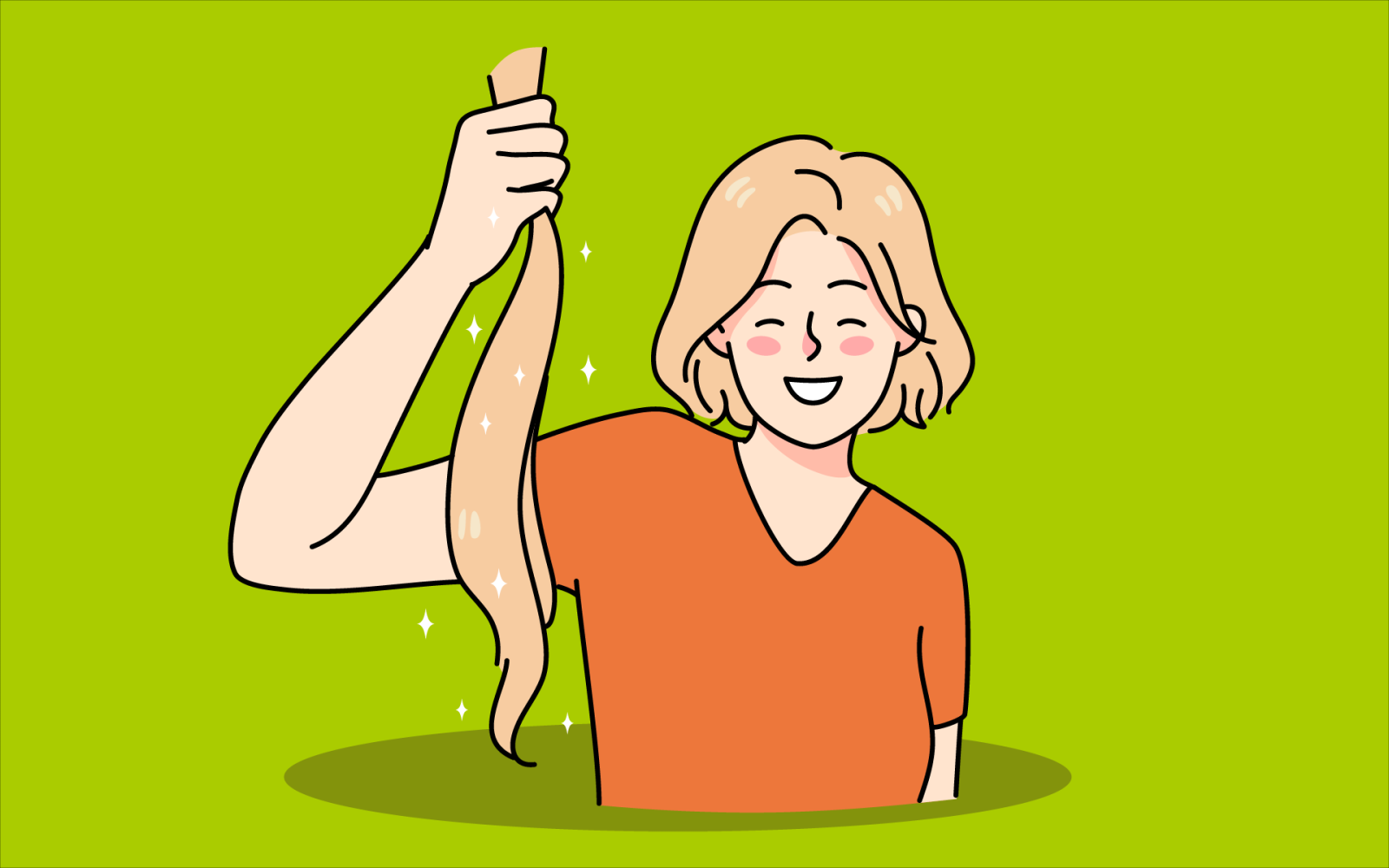From Skottelgoed to Captain Hollywood, the dream journey of a Free State Saddlebred champion

Horses are more clever than humans, says Otto Bekkers, but they can be unbeatable to-gether.
Little Otto Bekkers, growing up on a farm in Bethulie in the Free State, was seven years old when his father gave him the gift that would forever change his life. To tell the truth, he reflects, it wasn’t so much a gift, as a responsibility.
The chestnut foal, weakened from days on the trail with a team of horse traders from neighbouring Lesotho, would not have survived the continuing journey. So Otto’s father, Jacob, agreed to take the straggler in.
It was a backyard horse, a Boereperd, nothing like the noble steeds that Jacob trained on the stud farm.
Those were American Saddlebreds, spirited and intelligent, known for their strength, beauty, and high-stepping gait in the show ring.
Watching his father at work, Otto could only dream of one day riding one himself, sitting straight-backed in the saddle, coaxing the horse into a walk, trot, and canter in front of the admiring judges. But for now, Otto had a horse to call his own.
He named it Skottelgoed, Afrikaans for the gemors of dishes and cutlery awaiting washing-up in the sink, in tribute to the foal’s insatiable appetite. Otto would have traded his kingdom for Skottelgoed.
The foal, hand-raised and bottle-fed, slept on a mattress in Otto’s room. “He was like a little dog to me,” recalls Otto, “and that was where my love of horses began.”
But if raising Skottelgoed was a test of the young boy’s ability to look after and care for one of nature’s most mercurial creatures, the real test was yet to come.
One day in that same year, with his father’s help, Otto put his foot in the stirrup and swung himself onto the back of an American Saddlebred. He sat tall in the saddle, his heart beating faster, as the horse moved to the gentle rhythm of the reins.
In that moment, Otto knew that he, too, had been born and bred for a purpose.
“A lot of boys, when they grow up, they want to be maybe a soldier or a police officer or something like that,” he says. “Or some, when they are done with school, want to go to university to study. But the only thing I ever wanted to do was work with horses. And I have my father to thank for that.”
Otto was still in his teens when he began training the American Saddlebred, a horse with a lineage that dates back to the American Civil War, when they were used as mounts for Union and Confederate generals. Nowadays, the sole arena of combat is the ring.
And the competition is tough, not just for the horse and rider, but for the trainer.
“Working with horses,” says Otto, who is now a trainer at the Conradie stables in Viljoenskroon, “is like being a teacher who goes to school, and you have that one little child who is a fast learner and the other one who learns slower. So that’s my challenge every day. There is always something to think about and to sleep on.”
Horses make you humble, says Otto. You get to understand their moods, their temperament, their quirks. If they aren’t in the right frame of mind to work with you, then they won’t, and you’ll have to try again tomorrow.
“The biggest lesson I’ve learned,” he says, “is that a horse is more clever than a human being.”
But you keep on working at it, with patience and determination and humility, until the day comes when horse and rider are in perfect unison, and every walk and trot and canter, every slow gait and rack, brings you one step closer to making your dream come true.
On an April day last year, at the National Saddlebred Championship Show at the Bloemfontein Showgrounds, that day arrived.
At the end of the show, on the back of Captain Hollywood, the stallion’s neck garlanded with pink roses, sat Otto Bekkers, Homburg hat in his hand, tears streaming down his face.
He had just won the Park Horse Championship, his greatest achievement in almost 30 years as a trainer.
“It was joy and sadness all rolled into one,” says Otto. “Sadness because the person who enabled me to reach great heights couldn’t see the moment when it happened. That was heartbreaking for me, because I wished I could have looked back into my dad’s eyes, and seen how proud he would have been.”
But in the wealth of knowledge, skill, and expertise he shared, in the gift of a foal named Skottelgoed, his legacy of love lives on.




